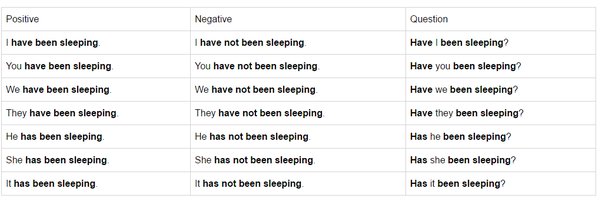Has Been Or Is Been: Understanding The Key Differences
Have Been / Has Been / Had Been – Complete English Grammar Lesson With Examples
Keywords searched by users: Has been or is been is vs has been examples, I has been or I have been, They has been or have been, Has been vs has, Was and has been, difference between is and has been, Is been, Be and being meaning
What Is The Difference Between Is And Has Been?
The distinction between “is” and “has been” revolves around the concept of time. “Is” signifies a state or action taking place in the current moment, in the present. It refers to something happening right now. On the other hand, “has been” falls under the category of present perfect tense. This construction points to a specific time frame that commenced in the past and extends into both the present and the future. In essence, it connects a past occurrence to its ongoing relevance in the present and beyond.
What Is The Difference Between Has Been And Was Been?
Exploring the Distinction Between “Has Been” and “Was Been”
The contrast between “has been” and “was been” lies in their usage as verb forms of the phrase “to be,” each serving a distinct temporal purpose. “Was” is employed as the past tense of “to be” and is utilized to narrate events that transpired at a particular point in the past. Conversely, “has been” functions as a verb form to articulate a continuous event or state of being that commenced in the past and endures into the present. This distinction helps clarify their respective roles in conveying the timing and continuity of actions or states. [Published on March 14, 2023]
Collect 21 Has been or is been




Categories: Collect 83 Has Been Or Is Been
See more here: chinhphucnang.com

‘Is been’ is grammatically wrong,when you use the word ‘been’ you’re reffering the past or ongoing action that started in the past,while ‘is’ is indicating present action. So,‘has been’ is the correct one.“Is” is occurring/existing in the present, at the present moment. Right now. “Has been” is present perfect. It refers to a time period which began in the past and continues in the present and into the future.Conclusion on Has Been vs Was
Was is the past tense form of the phrase “to be” and is used to describe events that happened at a specific point in the past. On the other hand, “has been” is a verb form that is used to talk about an ongoing event or state of being that started in the past and is still happening.
Learn more about the topic Has been or is been.
- What is the difference between ‘is been’ and ‘has been’? – Quora
- What is the difference between is and has been? – Quora
- Has Been vs Was: What’s the Difference? – ProWritingAid
- What is the difference between ‘I am’ and ‘I have been’ or between ‘you …
- What’s the difference between “has been”, “have been” and …
- What is the difference between is and has? – Quora
See more: blog https://chinhphucnang.com/dealbook